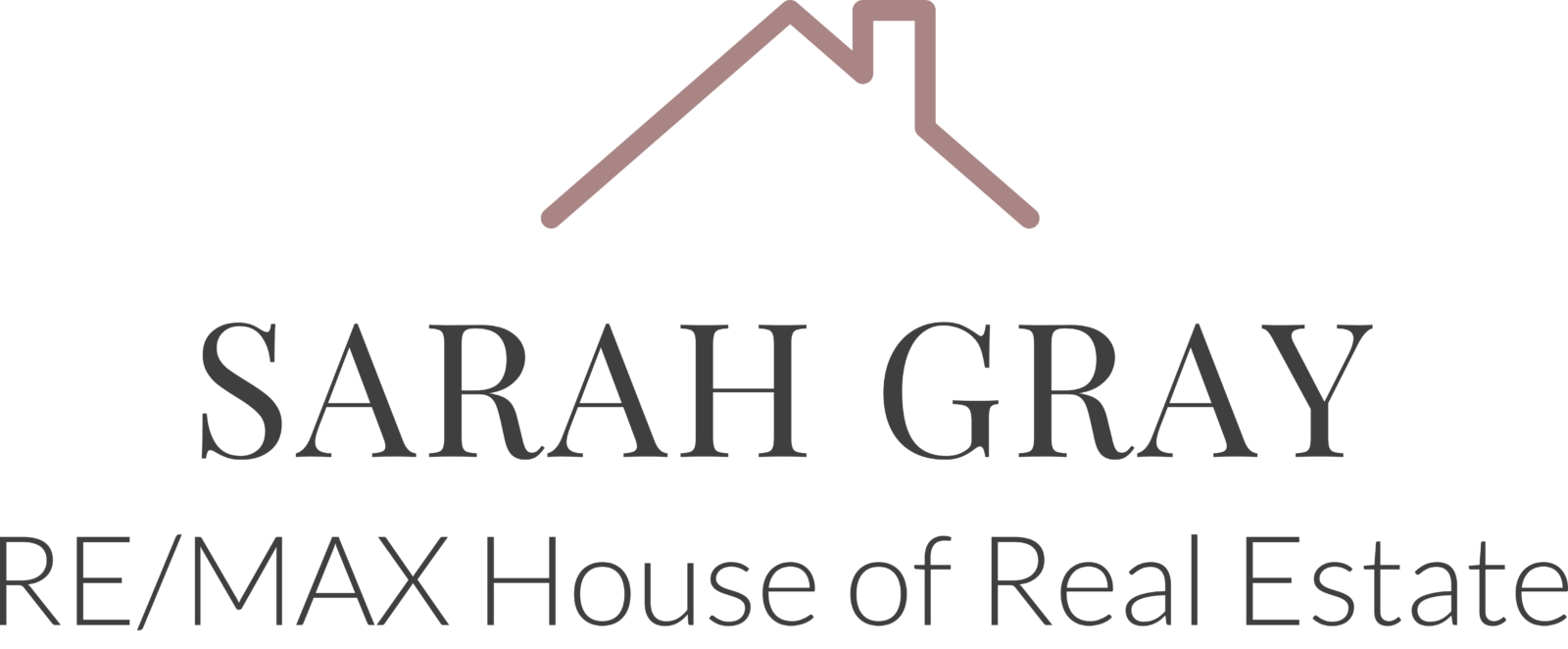Congratulations you’ve decided to buy a home.
Maybe this is your first home, maybe you have outgrown your current home, or perhaps you are looking to downsize. Regardless of your stage in life, buying a home is a significant financial commitment.
As a real estate expert with local market knowledge, I am well prepared to guide you through all of the practical details, and potential obstacles, that may occur during the purchasing process.
Buying a home is a complex, multi-step process that calls for the expertise of a REALTOR®. There are many things you’ll need to consider, and to help you through it, here’s a general overview of the steps to expect and prepare for.
1. MORTGAGE PREQUALIFICATION
Getting pre-approved for a mortgage before looking at properties gives you a more realistic expectation of what you can comfortably afford.
You can get mortgage pre-approval from a traditional lender, such as a bank or credit union, or by working with a mortgage broker who acts as an intermediary between you and the lender. Mortgage brokers negotiate mortgage terms and rates on your behalf, and usually work with dozens of different lenders, including mortgage finance companies. Their fees are paid by the lender when your mortgage is signed.
A mortgage is a loan, generally used to buy a property. How much you pay depends on how much you borrow (the principal), the loan’s interest rate, and how long you take to pay it back (the amortization period).
I can recommend pre-vetted mortgage brokers and advisors who can help answer all of your financing related questions and determine if you are eligible for a mortgage. Before viewing any properties in person, it is crucial you are 100% sure how much you qualify for and how much you actually want to spend.
After you choose either a bank financial specialist or a mortgage broker to work with, get your paperwork in order. You may need to have certain documents available when you seek a mortgage prequalification, and you will definitely need them when you apply for the mortgage.
Lenders will review these documents, along with other items such as your credit report, in order to determine how much of a mortgage, you can afford. They will also review a couple of key calculations to make that determination
2. PREPARE TO BUY
Few joys can match the pride of owning a home, but the responsibility can also come with sacrifices – from the financial commitment to the required care and maintenance. You’ll want to be sure both fit within your current or preferred lifestyle.
DOWN PAYMENT
A down payment is the portion of the property’s price not financed by the mortgage. You will need a down payment of at least 5% of the purchase price of the home. For example, to buy a home for $500,000, you will need at least $25,000 as your down payment.
If your down payment is less than 20%, you will need mortgage default insurance, which your mortgage provider will help you with. This type of insurance protects the mortgage lender in case you are not able to make your mortgage payments. It does not protect you. Major providers of mortgage default insurance include Canada Mortgage and Housing Corporation (CMHC), Genworth Canada, and Canada Guaranty Mortgage Insurance Company.
DEPOSIT
In preparation of buying a home, you will also want to put aside some money for a deposit. Once you find a home you love and want to acquire, you will be required to present a cash deposit to secure the property within three business days of an accepted offer. There is no standard deposit amount, but I will help you determine what a fair amount is in relation to the price of the home you want to purchase.
3. VISUALIZE YOUR DREAM HOME
Once you’ve established a realistic price range, it’s time to decide what type of home and what neighbourhoods will best suit your needs and lifestyle.
Think about things like access to schools, recreational facilities and walking paths, proximity to your place of work, distance from the airport, etc. Why you’re choosing to buy should help answer these questions for you — so think about it carefully. You may want to put this down in writing and create a needs versus wants list.
Take a minute to reflect on these popular housing options to help decide what fits you best:
- Single-family detached
- Semi-detached
- Row (townhouse)
- Apartment
4. RESEARCH HOMES FOR SALE
After learning about your property goals, I will set you up with a customized online portal that will automatically update you when there are new listings that match your criteria. I will also hand select properties to send you directly from the MLS database, as well as any exclusive offline properties within our office.
You can access the portal through your favourite web browser, where you’ll be able to view the listing information, photographs, maps, and more. For your convenience, you’ll be able to sort these listings, rate them and categorize them.
Once you narrow down a short list of approximately 3-5 properties you’d like to view in person, I will conduct several hours of research to ensure that the properties of interest appear financially sound. I will spend time screening the street locations, neighbourhoods, price, any seller’s terms, flood zones or other red flags.
5. VIEWING PROPERTIES IN PERSON
I will schedule a tour for us to view your shortlist with various sellers’ agents and ensure it works with everyone’s schedule.
I will come prepared to each showing with relevant information for us to review including property details, sales history, and comparable homes that we can review as we walk through each home.
6. PREPARE AND SUBMIT AN OFFER
Once you have determined which property you are most interested in, I conduct further research which includes an analysis of comparable properties to ensure that your offer is in-line with the purchase price of similar homes in recent months.
I also investigate what renovations have been completed, what permits were properly obtained, what the sellers paid for the home, if there are any liens on the property etc.
I have your back from start to finish. I will help you determine a fair offer price, your preferred possession date, deposit amount, conditions, terms, and inclusions. I will carefully prepare the written offer and send it to you for review and electronic signing.
7. NEGOTIATE THE OFFER
Once submitted to the seller(s), they have the option to accept, counter, or reject your offer. This is where I negotiate on your behalf back and forth with the seller’s agent, inputting my expertise at every juncture.
8. CONDITIONS
Conditions, if not met by the stated Condition Day, could cause a deal to collapse. Most offers to purchase have at least one condition, usually financing. Offers can be subject to a property inspection, condominium document review, or sale of a buyer’s home. Once your offer is accepted, you will have approximately 7-10 business days to satisfy these conditions. Also note that in competitive situations, the fewer conditions you have the better. If any of the conditions do not meet your satisfaction, you can change or cancel the offer, even if the seller has already accepted the offer.
I will help you navigate the paperwork from beginning to end so you feel confident every step of the way. I will also introduce you to trusted industry professionals that can help satisfy the conditions outlined on the offer, such as property inspectors and condominium document reviewers. Once you decide to waive the conditions, it’s time to get excited, as the property will now be contractually sold!
9. REAL ESTATE LAWYER
Once the offer has been accepted and we have worked through the condition period, I can recommend a pre-vetted real estate lawyer to help successfully close the transaction. After you have chosen a lawyer, I will ensure they are completely up-to-date with all paperwork including any amendments to the contract as well as any deposits and waivers submitted. I take care of as much of the heavy lifting as I can, so you can focus on packing and getting ready to move!
10. FINAL WALK-THROUGH
Often, a final walk-through is included in the terms of the purchase contract and scheduled to happen 24-hours prior to closing. Together, we will walk through the property to ensure that all agreed-upon repairs in the home are complete and that everything is in the same condition as when the purchase agreement was signed.
If there are any remaining defects that the sellers promised to repair but did not, I will reach out to the seller’s agent and your lawyer to ensure you are properly compensated for the cost of repairs to avoid late closing.
11. CLOSING
The lawyers will notify the sellers agent and myself when the funds have been transferred and the keys are releasable. I will meet you at the property, or wherever is most convenient for you, and deliver the keys to your new home. At this point, congratulations are in order! There are so many benefits to home ownership — pride of ownership, the ability to make home improvements, building equity, appreciation — the list goes on!

